This generation has seen the rise of rap artists such as Ian, Lil Tecca, and Lil Yachty. Each of them distinct in their own manner, yet they all share the same core issue that is fundamental to the very inception of modern rap back in the 80s. It is the fact that each one of these rappers pretends to be a gangster, plain and simple. One of the greatest examples is Ian, who despite telling the world that he was just a guy from the suburbs, will rap in a gangster persona, such as moments in his song Figure It Out where he says, “Pedal to the metal ‘bout every last time I drive, should cover my license plate, yeah”.
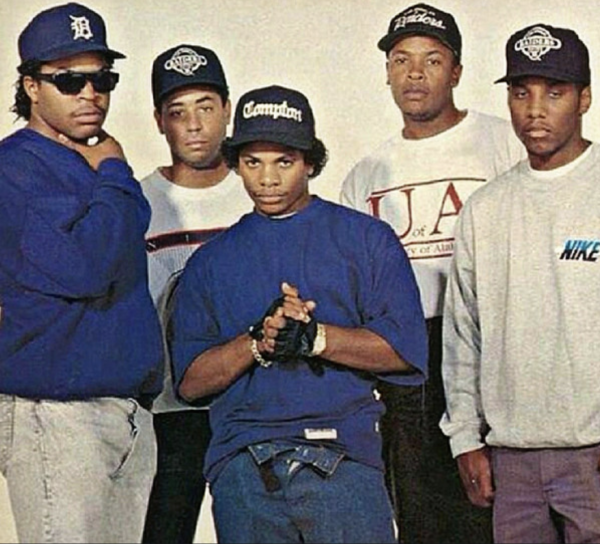
While this may not be considered an issue by some it must be understood that this is emulating the rappers of the past, who were often gangsters, that, by overcoming their own socio-economic issues, were able to “make it” in the rap game. N.W.A is often the most famous group that was from “the hood,” capturing the world with their Straight Out Of Compton album and inspiring modern artists such as Eazy E, Dr. Dre, and Ice Cube. While this emulation isn’t inherently disrespectful, it can minimize the memory of the people who risked their lives for their music, knowing that some of the bars they wrote could have gotten them shot. This new generation of rappers isn’t in any danger and instead are just using gangster aesthetics to look cool for the masses.
In order to understand the major changes that have occurred in the rap industry, we have to consider the technological gap. Back in the 80s, you couldn’t just make a rap song on your phone and post it to Youtube. These rappers were spending money on getting studio time, making vinyl disks to sell, and then going out and marketing them to people. It was hard work that is difficult to understand in our modern world where with the click of a button anybody can be a self-published artist. Of course, this is not to discount the hard work that goes into the making of modern rap, but it’s clear that the process used to be much more involved than it is now. This goes beyond famous artists like Ian and Lil Yachty and shows how the music industry has been forever changed by the advent of streaming.
Finally, it’s worth mentioning the musical tastes of people back in the day and now. Around the time N.W.A started making music, hip hop was rarely promoted and was never seen as good music for good people, due to the promotion of violence and popularity of topics like gang activities and lewd acts. This is the same reason N.W.A was investigated by the FBI for their now classic song Fuck The Police. So even though it was the start of a golden age of hip hop, it doesn’t change the fact that most hip hop artists were constantly fighting against the tide during this era. Now, in our modern era, hip hop owns 25% of the market share in the US alone.
This all just works towards this central understanding of what rap back in the day was, a certain golden age that just can’t really be repeated. All of these conditions lined up, and terrible as they may have been, that allowed for these artists to flourish in a raw and deep manner. Now we have rappers trying to copy the style of that era, but without the honesty and outsider edge that made it interesting to begin with. It just doesn’t work the same anymore, and it may never work the same again. This is why it’s paramount for people to understand that hip hop is supposed to be about self-expression and presenting a message, not just soullessly rapping about what you think people want to hear. Thankfully, in our era, though they certainly can’t be compared to the legends of the past, artists like Kendrick Lamar and MF Doom show that the genre has evolved and will keep evolving.

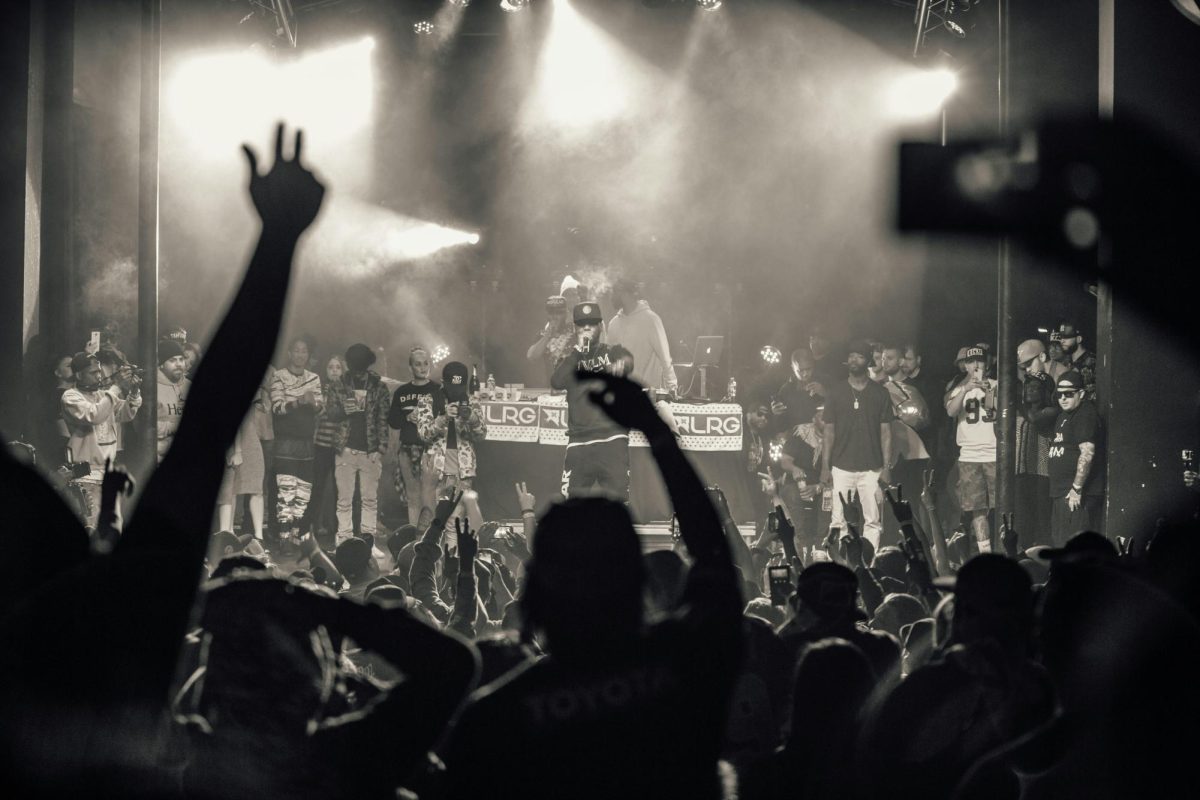
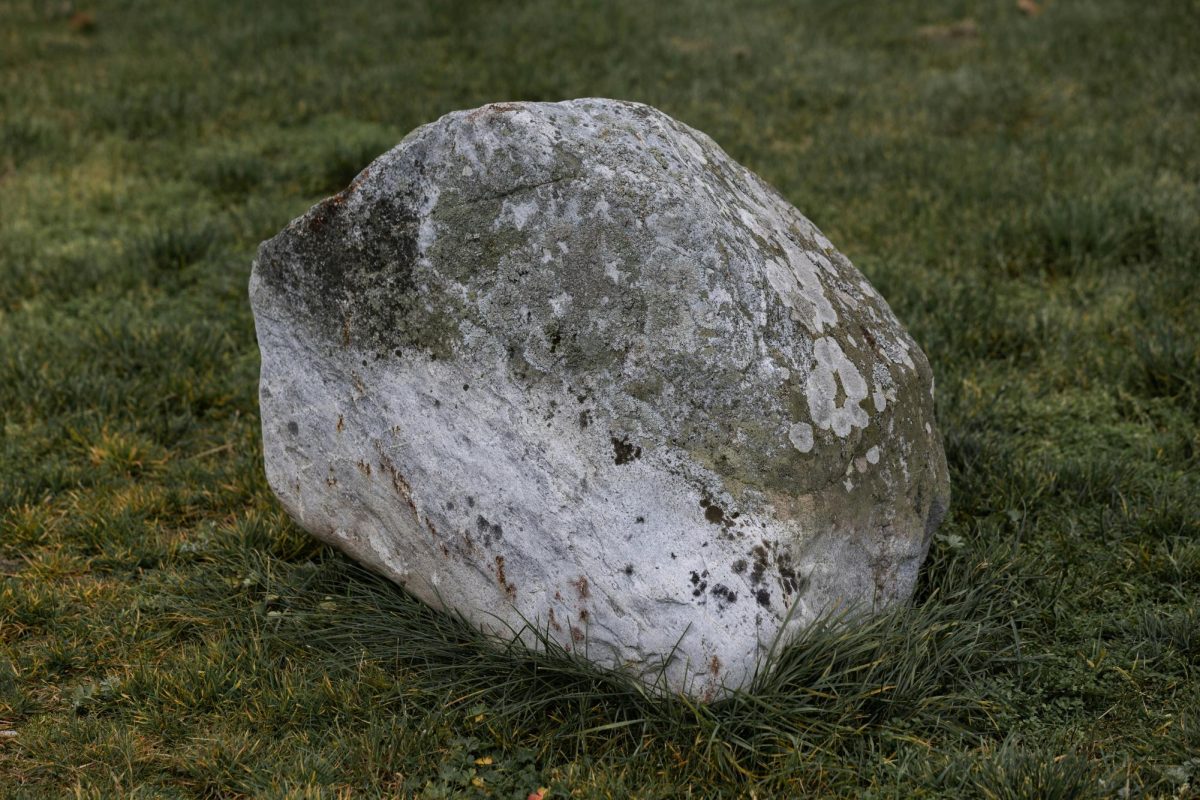


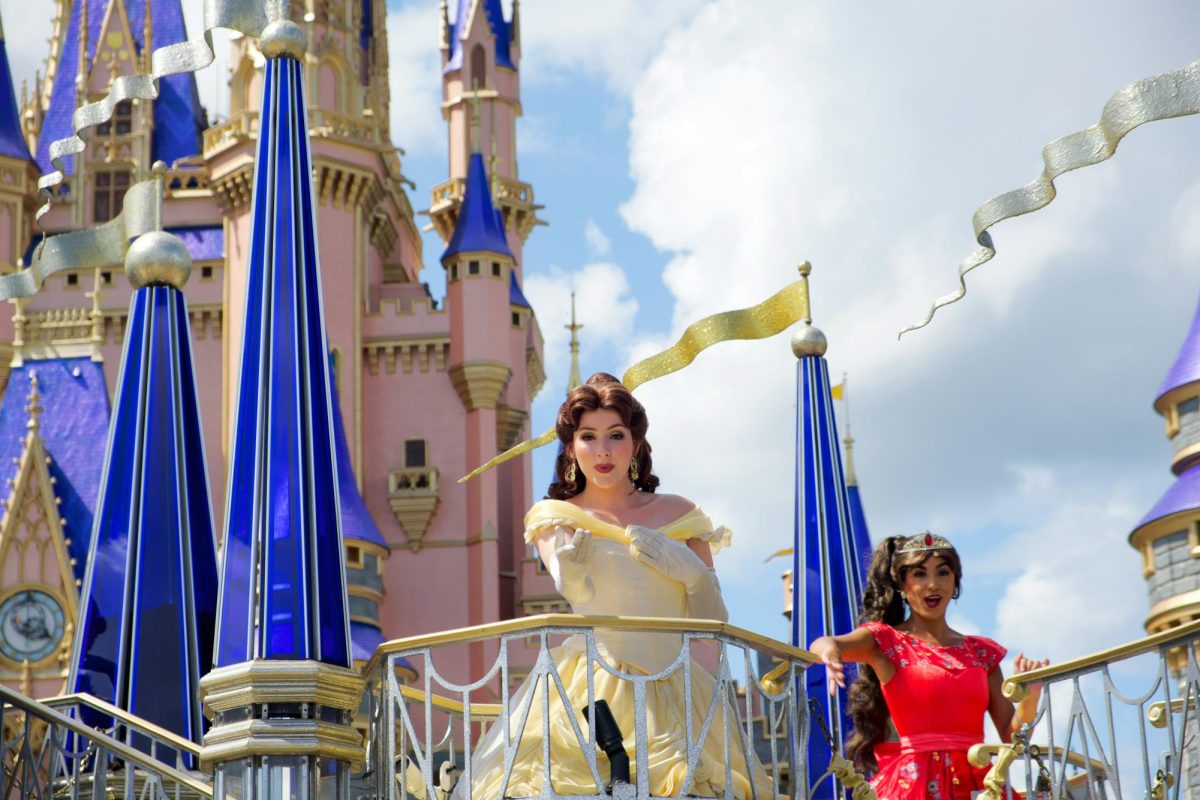
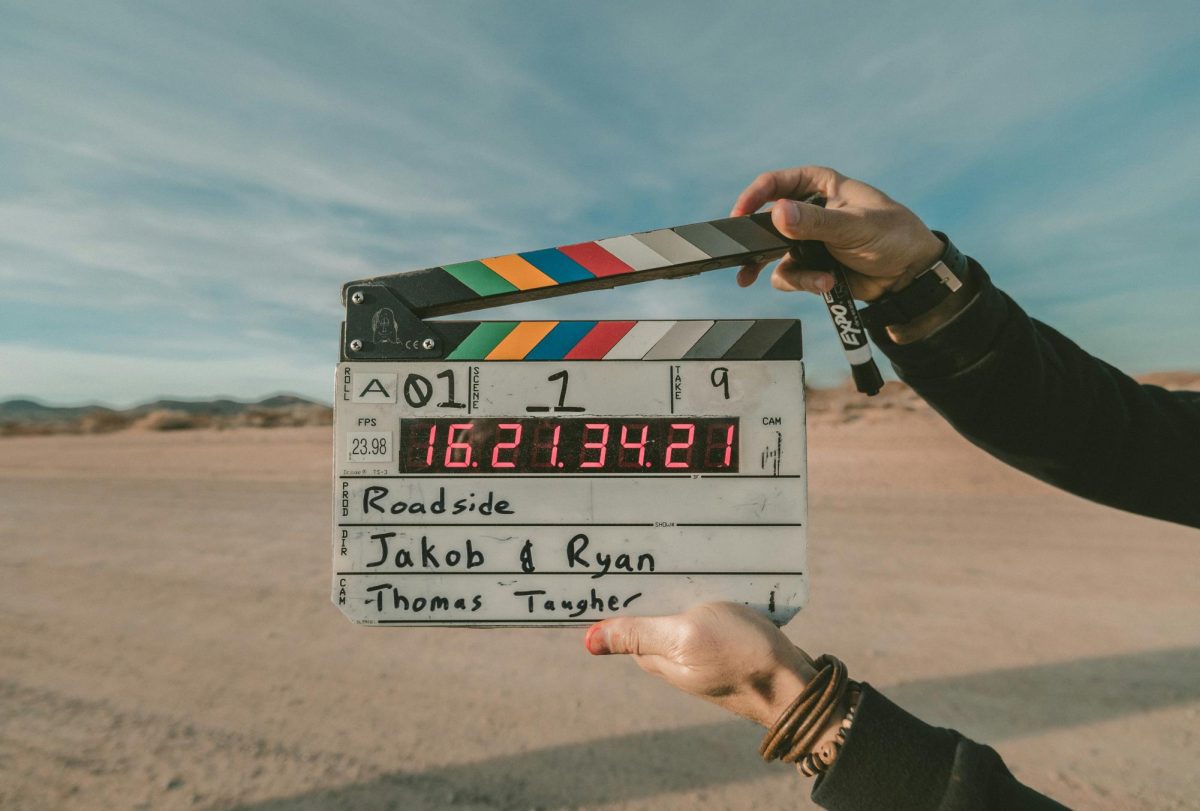
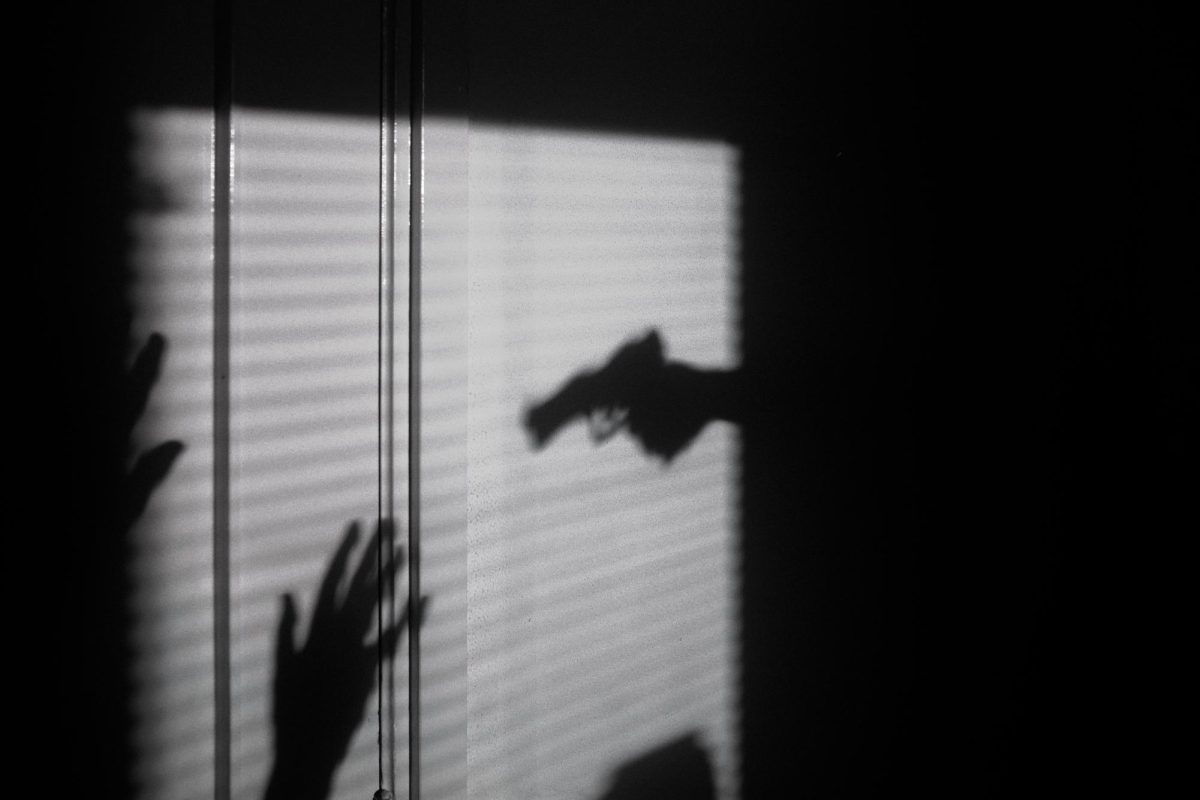
Quentin Morasch • Oct 29, 2024 at
This was A really good article, very interesting.